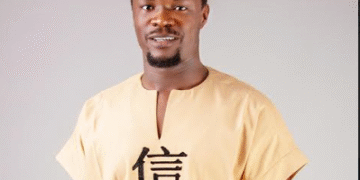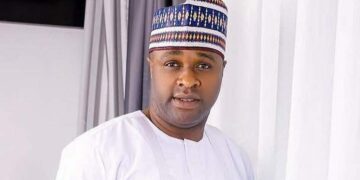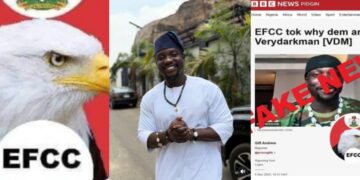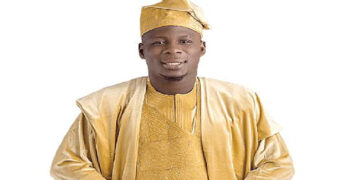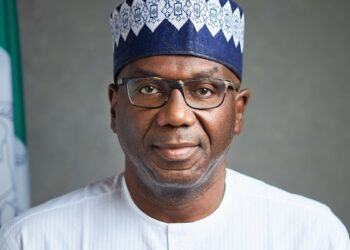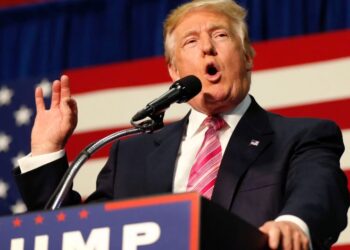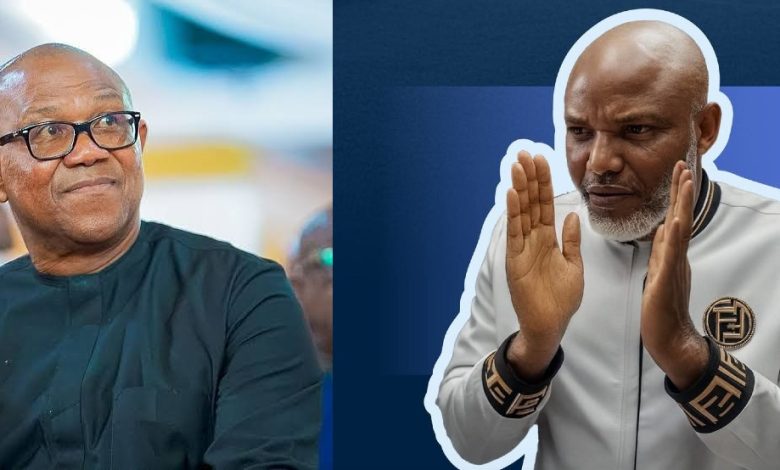
Peter Obi Faults Nnamdi Kanu’s Conviction, Says Case Reflects Leadership Failure
Labour Party’s 2023 presidential candidate, Peter Obi, has reacted to the conviction and reported life imprisonment handed to the leader of the Indigenous People of Biafra (IPOB), Nnamdi Kanu.
In a statement shared on his X handle on Saturday, Obi said the development comes at a time when Nigerians are struggling with severe economic hardship, rising insecurity, and the consequences of poor governance. He warned that the judgment could escalate existing tensions rather than ease them.
Obi described Kanu’s arrest, detention, and conviction as “a failure of leadership and a misunderstanding of the issues at stake.”
“I have always maintained that Mazi Kanu should never have been arrested,” he said. “For years, I have consistently argued that dialogue, constructive engagement, and inclusive governance offer the path to lasting peace. Coercion becomes necessary only when reason has been exhausted.”
The former governor argued that the concerns raised by Kanu were neither new nor impossible to address, insisting that the government failed to explore non-coercive options.
“It only required wisdom, empathy, and a willingness to listen,” Obi noted. “In any functional society, such grievances are met with dialogue and reforms aimed at strengthening unity.”
He criticized the government’s approach, saying it had deepened mistrust and created an avoidable distraction at a time when citizens are weighed down by economic and security challenges.
“While some may insist that the law has taken its course, leadership often demands more than a strict, mechanical application of the law,” he added, arguing that many nations adopt political solutions, negotiated settlements, or amnesty when legal processes alone cannot guarantee long-term stability.
Obi said the handling of Kanu’s case reflects a government “trapped in a hole” and digging deeper instead of seeking a way out, worsening the nation’s collective condition.
He urged leaders to prioritize reconciliation, justice, and national healing.
“If we truly desire a new Nigeria – a united, peaceful, and progressive one – our leaders must choose healing over hostility, reconciliation over retaliation, and dialogue over division,” he said.
Obi called on the Presidency, the Council of State, and respected national figures to intervene in pursuit of a lasting solution.
“My ultimate call at this time, without prejudice to how anyone feels about the court’s decision, is for us to be optimistic for peace and reconciliation which will come in the end,” he concluded.



